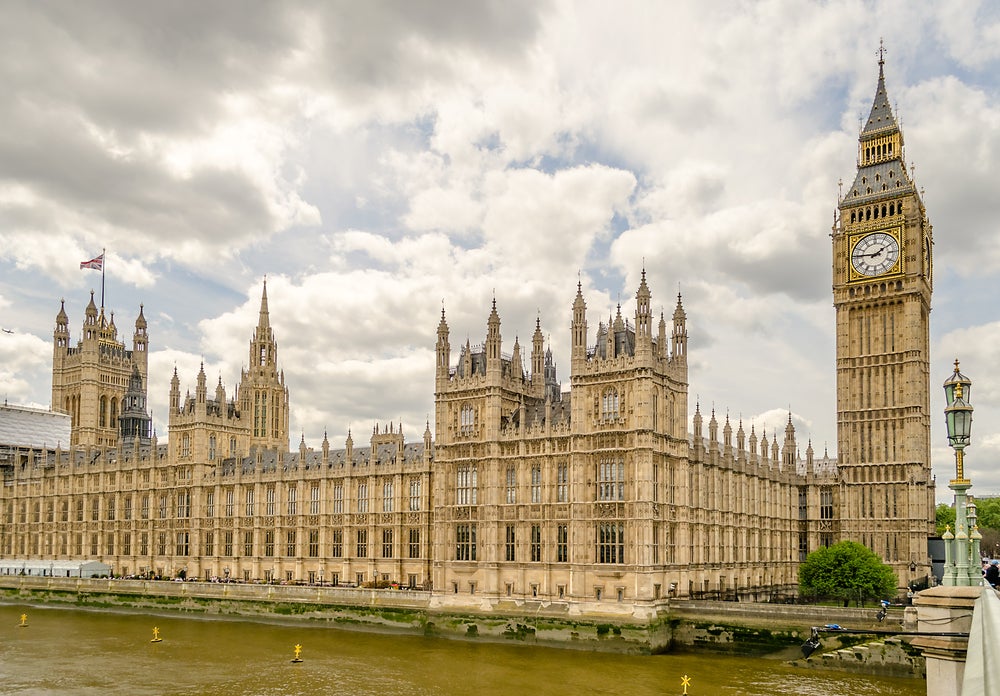
Social media giants will have a statutory duty to safeguard UK users’ ability to access journalism on their platforms under the new Online Safety Bill, published in draft form today (Wednesday).
The Government has made clear that content on news publishers’ websites, including both articles and user comments, is not in scope of the legislation.
In addition the largest and most popular social media sites like Facebook and Twitter, which will be designated as Category 1 services, which will have a statutory duty to safeguard UK users’ access to journalistic content shared on their platforms.
The Department for Digital, Culture, Media and Sport said this means they will have to consider the importance of journalism when undertaking content moderation, have a fast-track appeals process for journalists’ removed content, and will be held to account by Ofcom for any arbitrary removals.
The DCMS said citizen journalists will have the same protections for their work as professional news providers.
Media minister John Whittingdale (pictured) said: “Protecting children and others from the darkest content online is our top priority with this history-making legislation, but by doing so we don’t want it to lead to a ‘woke web’ where legitimate journalism is censored by internet companies.
“That’s why we’ve built in safeguards so that content from news publishers will not be in scope of new laws, including content shared on social media platforms, and tech firms will need to factor in the crucial role of journalism as well as freedom of expression in their moderation decisions.
“A vibrant and free media is essential to our democracy and our Bill will make sure vital public interest journalism can reach its audience without interference, with Ofcom keeping a watchful eye on big tech firms to ensure their platforms remain open and impartial theatres of debate.”
The bill will force websites to remove and limit the spread of illegal and some legal but harmful content including child sexual abuse, terrorist material and suicide content, plus user-generated online fraud such as romance scams and fake investment opportunities. Mis- and disinformation is also in scope.
The legislation will also tackle racist abuse. Two weeks ago publishers including the Sun and Guardian joined English football to boycott social media firms after what they deemed a failure to adequately respond.
The Government insisted freedom of expression will be protected, with social media platforms required to put safeguards in place to avoid simply removing swathes of content in sweeping takedowns.
The safeguards will be set out by Ofcom, which is gaining powers to regulate the web, and could include having human moderators make decisions in more complex cases where context is important as well as clear routes of appeal for users whose content is taken down.
‘Democratically important’ material protected
Ministers have also added new features to the bill which will require Category 1 services to protect content deemed “democratically important”, which could mean anything promoting or opposing government policy or a party ahead of an election, or campaigning on a live political issue.
Culture and digital minster Caroline Dinenage said yesterday the bill will “will protect journalism and democratic political debate in the UK”.
Speaking to the House of Lords Communications Committee’s inquiry into freedom of expression online, the MP said it was “vitally important” the online safety laws “don’t adversely impact journalistic content”.
“We have to be really, really careful to take into account the freedom of expression of journalistic content because there are places around the world where that is just simply not enjoyed and we need to make sure we’re not putting in place any legislation which is going to hamper that and going to in some way stop people’s voices being heard,” Dinenage said.
“I do feel that we are allowing freedom of expression of individuals as well as journalists but against a backdrop of making sure we’re bringing forward the necessary protections, particularly for children, from harmful content and also making sure that we do much more to root out illegal content which is really what the legislation is all about.
“There won’t be any new legal duties for news publishers’ content as a result of this legislation.”
Ofcom penalty powers
Ofcom will be given the power to fine companies failing in their duty of care up to £18m or 10% of their annual global turnover, whichever is higher. They will also have the power to block sites for UK users.
A criminal offence for senior managers has been included in the proposed legislation as a deferred power which can be activated if tech companies fail to meet the standards given to them.
Speaking to peers, Daily Mail editor emeritus Peter Wright recently called for a total exemption for news content backed by penalties if platforms ignore this and censor journalism amid their removal of content.
He warned: “In order to avoid the draconian penalties that they face, the platforms will set their algorithms to prevent content being published. In that context, I am afraid that an appeals process is not any good.
“The shelf life of news is incredibly short. If a big story breaks, and 20 to 30 different news outlets are covering it and the platforms decide to block three of them, the story may have moved on within an hour or two.
“There is no appeals process you could put in place that would repair the damage that had been done.”
The draft bill will be scrutinised by a joint committee of MPs before a final version is introduced to Parliament.
Picture: Dominic Lipinski/PA Wire
Email pged@pressgazette.co.uk to point out mistakes, provide story tips or send in a letter for publication on our "Letters Page" blog
